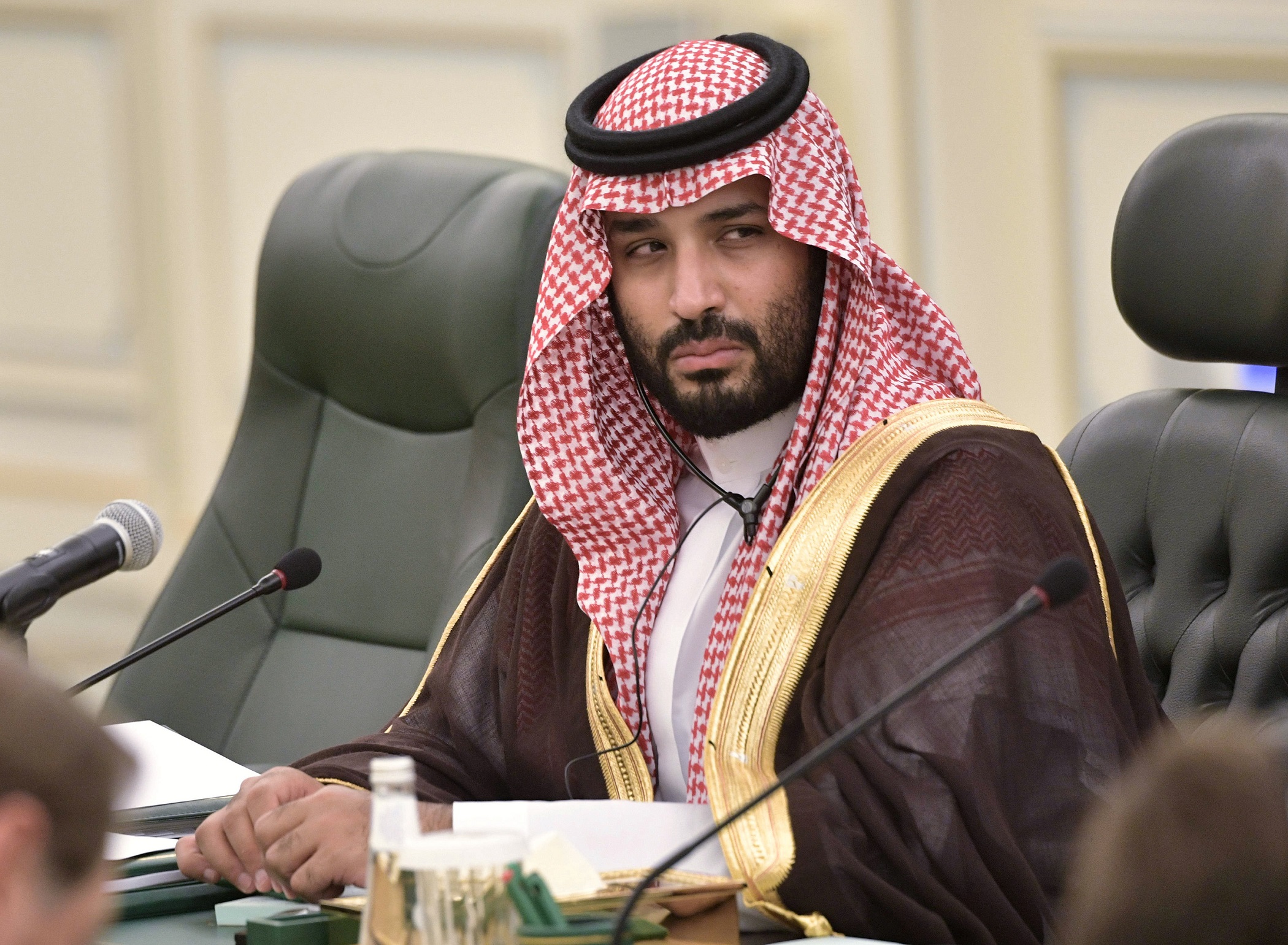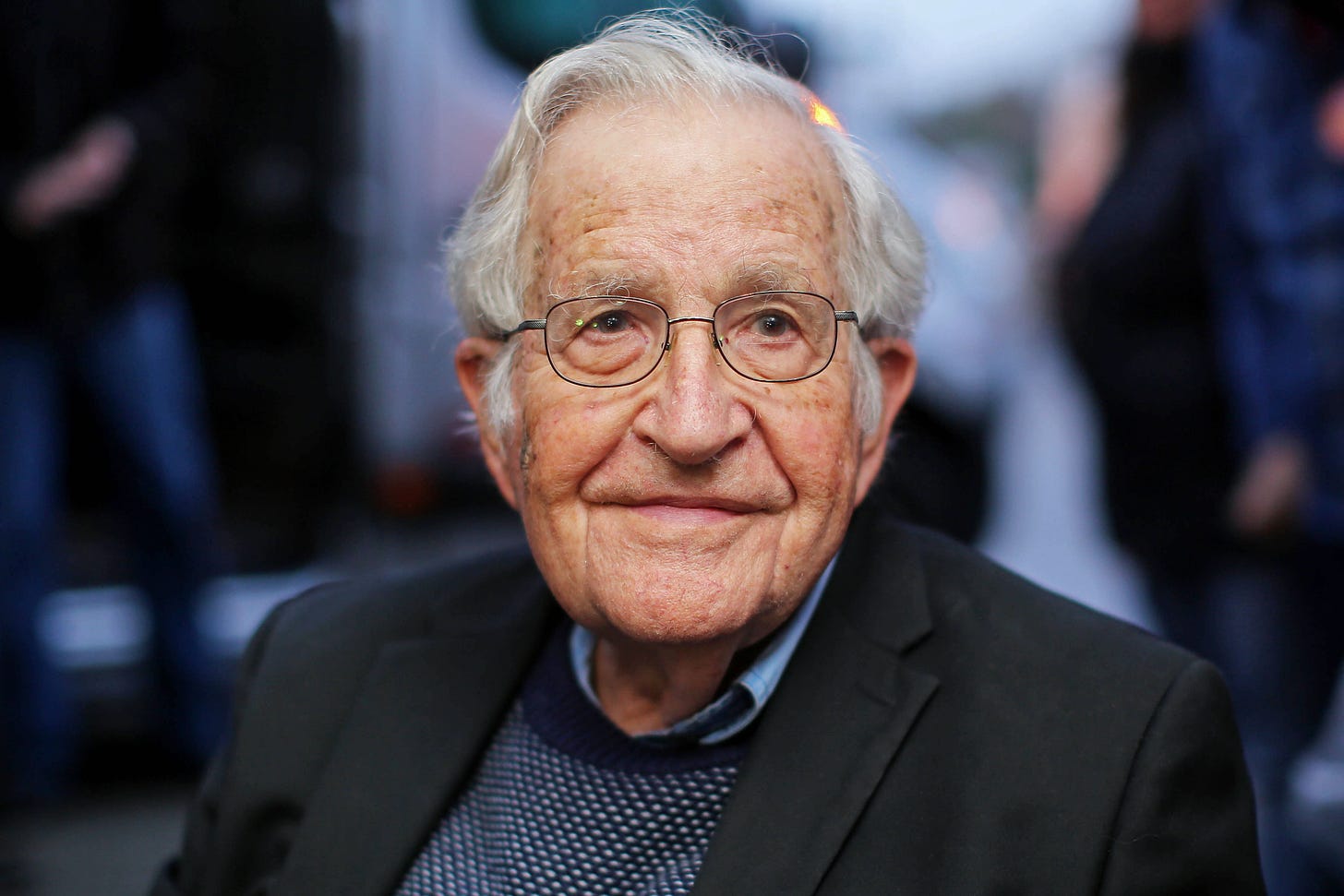ARZAN TARAPORE
Ground forces dominate Indian military strategy. Since its independence, India has fought five wars along its unsettled northern land borders, and its most vexing security threats today—as illustrated by the ongoing Chinese incursions in the northern region of Ladakh—still loom across those same borders. The Indian Army commands a clear and growing majority of military budget allocations and an even larger share of military personnel. But how does India use its ground forces, and how well do they serve Indian security interests?
This paper argues that the Indian Army—and by extension, Indian defense policy more generally—is dominated by an orthodox offensive doctrine. This is an approach to the use of force that centers on large army formations, operating relatively autonomously from political direction, seeking to impose a punitive cost on the enemy. The punitive cost often takes the form of capturing enemy territory as a bargaining chip, even though India usually pursues strategically defensive war aims to maintain the territorial status quo.
This paper advances four analytic propositions before concluding with recommendations for the Indian Army. First, the orthodox offensive doctrine has been at the center of the Indian military’s wartime experience, organization, and doctrine. It defined India’s strategy during the wars against Pakistan in 1965, 1971, and 1999, and has shaped Indian crisis behavior since. Doctrinal innovations along the way, such as the Cold Start doctrine, have sought to optimize rather than rethink the orthodox offensive doctrine.















